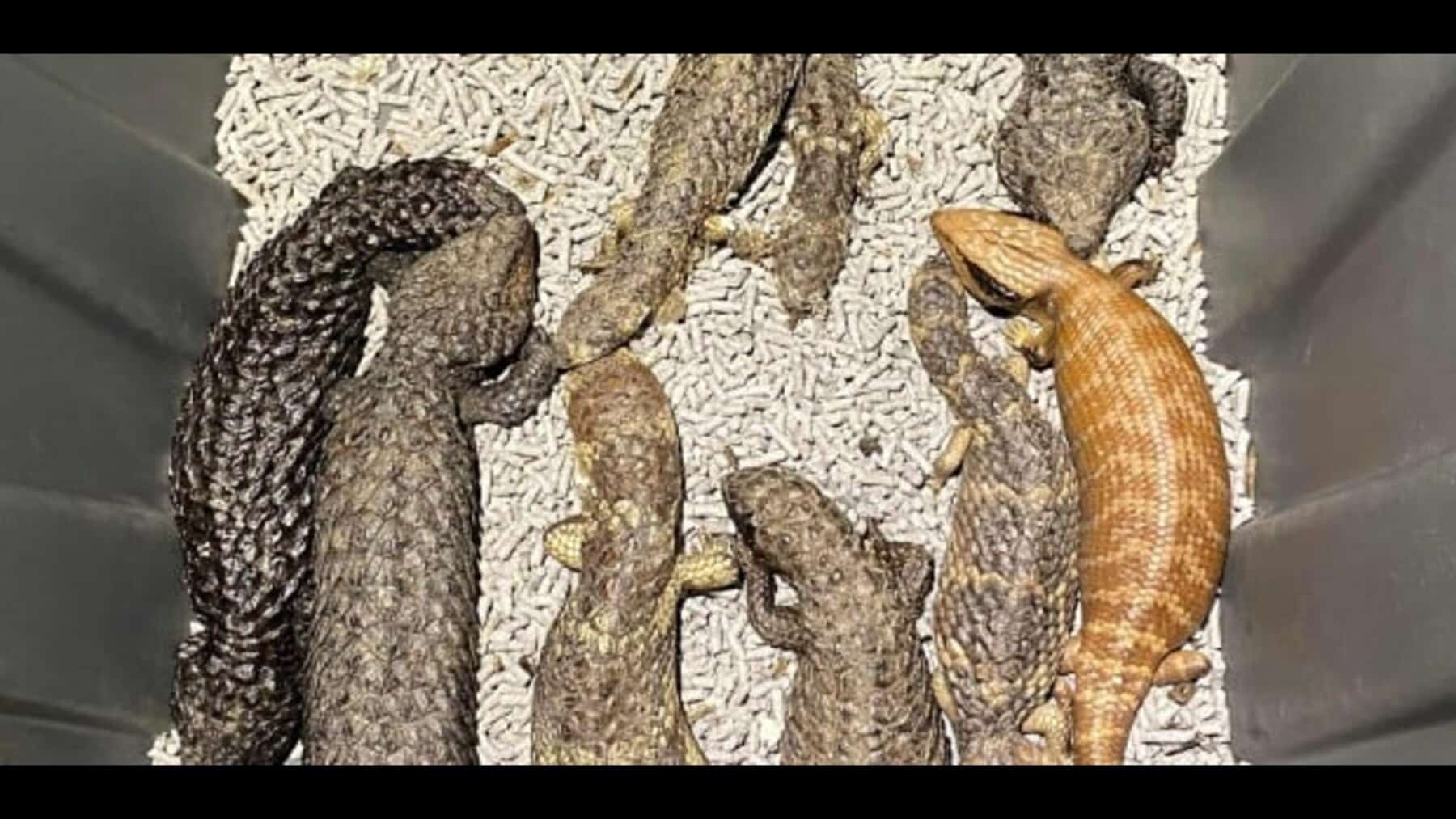Authorities in Australia have exposed an intricate criminal network allegedly orchestrating the smuggling of hundreds of native reptiles into Hong Kong, unveiling a clandestine trade in live animals. The investigation, initiated in September last year, gained momentum when police intercepted nine packages destined for Hong Kong, revealing 59 live lizards concealed within.
The probe extended to multiple properties scattered across Sydney, where detectives reportedly uncovered more than 250 lizards, alongside a limited number of snakes and unhatched eggs. According to police statements, the reptiles were found to be "kept in poor conditions" and subsequently "bound in small containers" with the intent of being sold in Hong Kong.
The revelation sheds light on the expansive and illicit market for live animals, raising concerns about the welfare of the captured reptiles and the potential impact on biodiversity. The intricate nature of the criminal syndicate involved underscores the challenges faced by law enforcement agencies in combating wildlife trafficking.
The allegations against the Australian-based network underscore the global dimensions of the illegal wildlife trade and its impact on endangered species. As authorities delve into dismantling the criminal syndicate, the case highlights the need for international cooperation and stringent measures to curb the exploitation of wildlife for profit.
This discovery resonates not only as a law enforcement achievement but also as a reminder of the ongoing battle against illicit wildlife trafficking and the imperative to safeguard biodiversity. As investigations continue, stakeholders are confronted with the broader implications of such activities on ecosystems and the urgent need for coordinated efforts to curb the illegal trade in live animals.




















